As someone trying to lose weight, you might wonder if adding white fish to your diet could aid in your efforts. If questions like “Is white fish good for weight loss?” have crossed your mind, you’ve landed in the right spot.
In this post, we delve into the realm of white fish, examining its advantages and addressing any concerns regarding its connection to weight loss. Whether you’re a fitness fanatic or new to the wellness game, buckle up as we investigate the fascinating link between white fish and weight loss!
Related articles
- Are Oysters Good for Weight Loss? Discover Key Benefits.
- Is Pumpkin Good for Weight Loss? Exploring Nutritional Facts!.
- Does Spinach Help You Lose Weight? Surprising Insights.
Is White Fish Good for Weight Loss?
Absolutely, white fish is a great choice if you want to lose weight. Let me explain why it’s a valuable addition to your weight loss plan in simpler terms.
- Low in Fat: White fish naturally has very little fat, especially the unhealthy kind called saturated fat. This makes it a good option if you want to cut down on calories without sacrificing taste or nutrition. Eating less fat can help with weight loss because fat has a lot of calories.
- High in Protein: Protein is your friend when you’re trying to lose weight. White fish has a good amount of protein, and that’s important for a few reasons. First, it helps you feel full and satisfied, which can reduce those annoying cravings that can ruin your diet. Second, your body needs extra energy to digest protein, so it helps burn calories. Lastly, protein can lower the production of ghrelin, the hormone that makes you feel hungry.
- Low in Calories: White fish doesn’t pack a lot of calories. This means you can have a filling meal without worrying about taking in too many calories. Creating a calorie deficit (burning more calories than you eat) is the key to successful weight loss, and white fish can be part of that.
- Nutrient-Rich: White fish isn’t just about protein. It’s also loaded with important nutrients. Some of these include omega-3 fatty acids, which have lots of health benefits, including possibly helping with weight loss. Additionally, it provides vitamin B6, vitamin B3, phosphorus, selenium, iodine, and vitamin B12, all of which are important for overall health and can help with managing your weight.
Note: Omega-3 fatty acids in white fish might help your body burn fat better. So, it’s not just about how many calories you eat; it’s also about the quality of those calories.

Exploring 9 Health Advantages of White Fish
Let’s explore the nine remarkable health advantages of incorporating white fish into your diet:
Strengthens Bone Structure
Osteoporosis, a condition characterized by weak and brittle bones, is becoming increasingly common due to poor nutrition. White fish can help combat this issue with its high phosphorus content. Phosphorus is essential for maintaining bone structure and density, as well as supporting bone healing. Regularly including white fish in your diet may help prevent age-related bone problems, potentially averting conditions like osteoporosis.

Promoting Cell Health
Ensuring the health of your cells is crucial for overall well-being. Proteins are vital for the basic functions of cells, as they help structure and regulate cellular activities. Without sufficient protein intake, cells may not function properly, leading to organ dysfunction, poor physical well-being, and even severe health issues. This highlights the importance of protein in your diet and how white fish can contribute to your cellular health.

Support for Blood Production
White fish contains vitamin B12, essential for healthy nerve function and the production of new red blood cells. Individuals with conditions like anemia often require vitamin B12 supplementation to address their health issues. Many anemia sufferers turn to white fish to supplement their vitamin B12 intake, aiming to maintain a healthy production of red blood cells.
Anti-inflammatory Properties
White fish is a good source of Vitamin B6, which is known to have anti-inflammatory properties. This nutrient can be especially beneficial for individuals dealing with inflammatory conditions like asthma or arthritis. Studies indicate that foods rich in Vitamin B6 can help reduce pain associated with arthritis and decrease the frequency of asthma attacks.
Immune System Fortification
Whitefish is an excellent source of Vitamin B3, which is known to boost the immune system. Research suggests that high doses of Vitamin B3 can help patients recover from infections more quickly and combat infections caused by antibiotic-resistant superbugs. While the latter may not be a common concern, it’s reassuring to know that your seafood dinner can support your immune system in fighting off common illnesses.
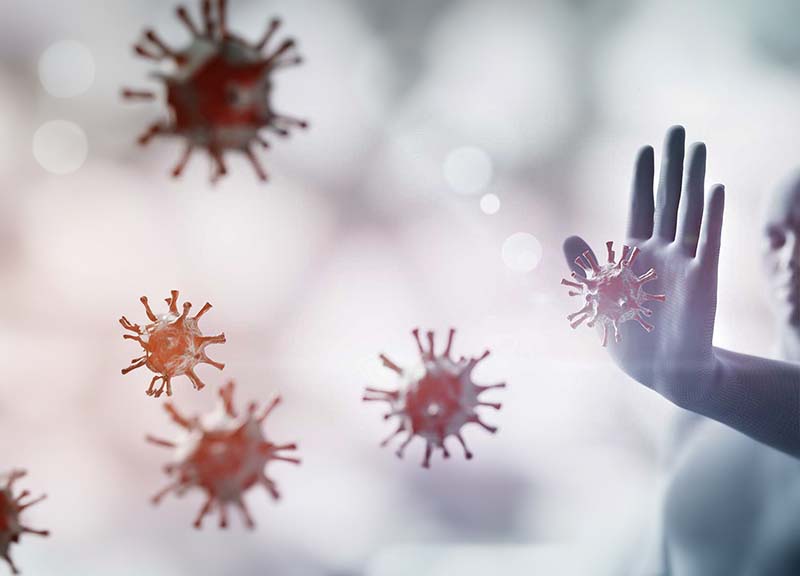
Facilitating a Healthy Pregnancy
Vitamin B2, found in many types of whitefish, plays a crucial role in pregnancy. Women with a deficiency in Vitamin B2 are at a higher risk of miscarriage. Vitamin B2 helps the liver filter out old hormones and prepares the body for the changes experienced during pregnancy. Consequently, doctors often recommend that pregnant women include fish like Pacific Cod in their diets.
Contributing to Youthful Health
The nutrients in fish such as Alaskan Pollock and Pacific Cod can aid in feeling and looking younger. As mentioned earlier, these nutrients support cell renewal, preventing the signs of aging caused by cells losing their ability to regenerate properly. Proper nutrition can help your cells function optimally, delaying the visible signs of aging.
Maintaining Optimal Cholesterol Levels
Whitefish is low in LDL cholesterol, making it an ideal choice for those with high cholesterol levels. High levels of LDL cholesterol can lead to heart issues and circulatory problems, increasing the risk of conditions like high blood pressure, heart disease, and heart attacks. Including whitefish in your diet can contribute to better heart health.
Enhancing Brain Function
Nutrients found in healthy whitefish promote brain cell function and the creation of new neural pathways in the brain. These pathways not only support basic brain functions but also enhance learning and cognitive abilities. The better your brain is at creating these pathways, the more efficient you become at acquiring new skills and knowledge.
Best White Fish to Eat for Weight Loss
When it comes to choosing the best white fish for weight loss, several options stand out. Let’s take a closer look at each of them:
Cod
Cod is an excellent choice for weight loss due to its high protein content and low calorie and fat levels. It’s also rich in vitamin B, which is essential for stress management, neurotransmitter production, nutrient metabolism, and energy release. Cod is a nutrient-dense fish that can support your weight loss goals while providing essential vitamins and minerals.
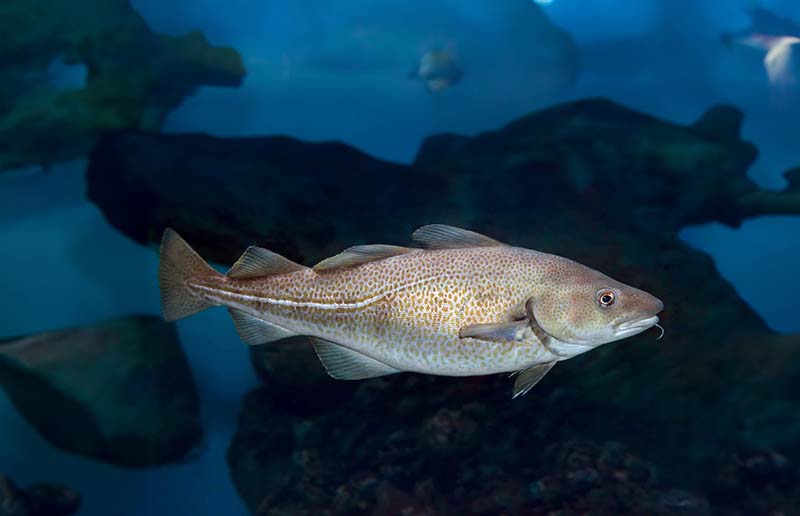
Haddock
Similar to cod, haddock is a great source of protein and omega-3 fatty acids, making it a healthy choice for those looking to shed pounds. Omega-3s can aid in weight loss by reducing inflammation and promoting overall health.
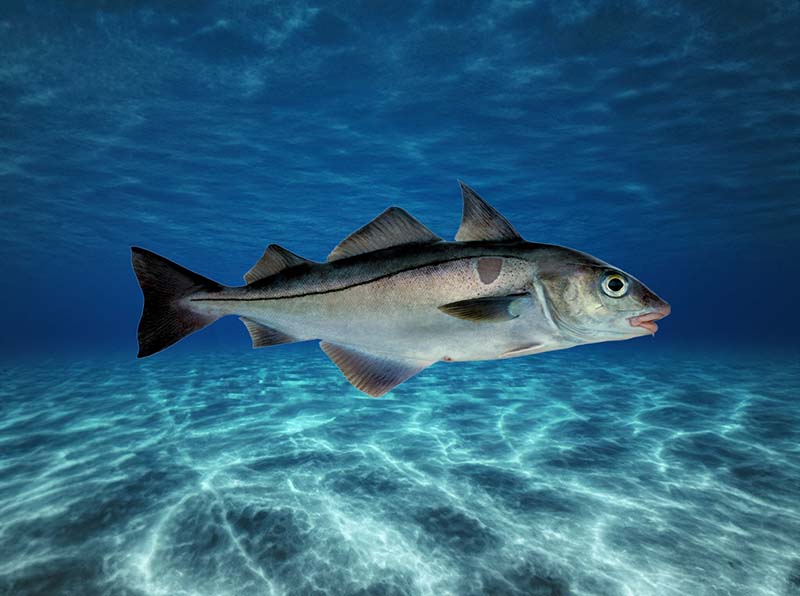
Sole
Sole is a mild-flavored fish that is both low in calories and high in protein, making it an ideal option for a weight loss diet. Its gentle taste makes it a versatile addition to various recipes.
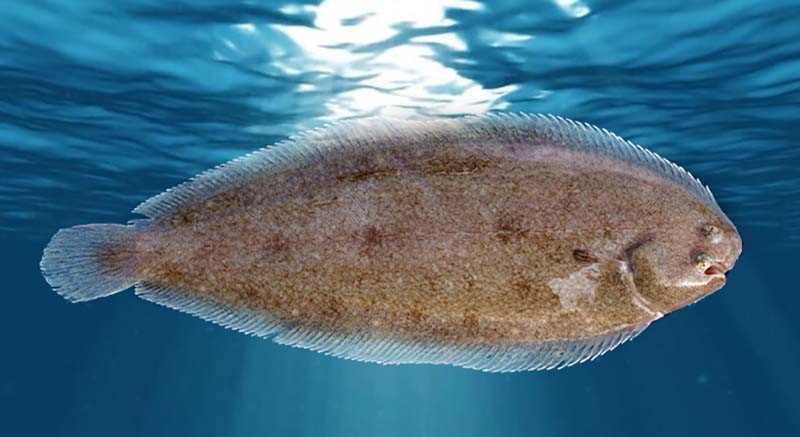
Flounder
Flounder is another low-calorie fish that packs a punch with its protein content. Including flounder in your diet can help you feel full and reduce cravings, making it easier to stick to your weight loss plan.
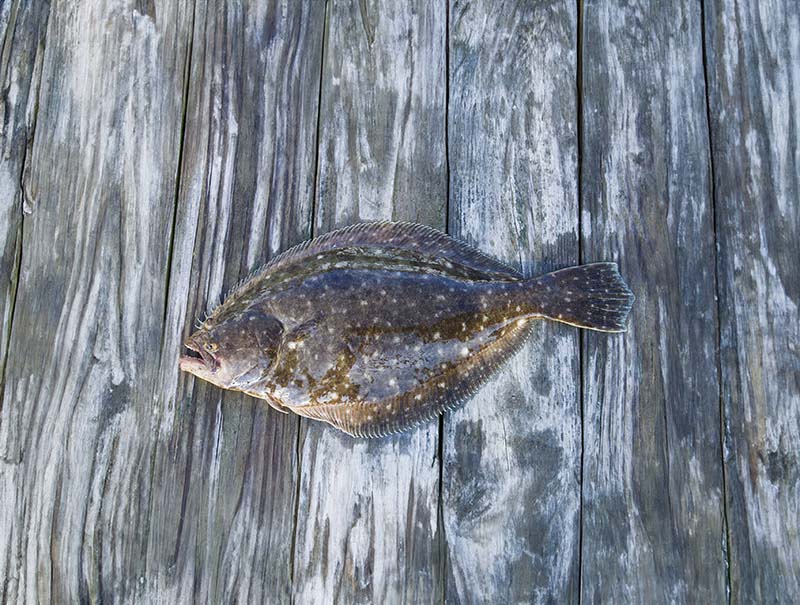
Halibut
Halibut is a fantastic protein source for those aiming to shed some pounds. It contains a range of essential nutrients, including phosphorus, selenium, magnesium, and vitamins B6 and B12. Vitamin B12, in particular, has been associated with the weight loss process, making halibut a valuable addition to your diet.
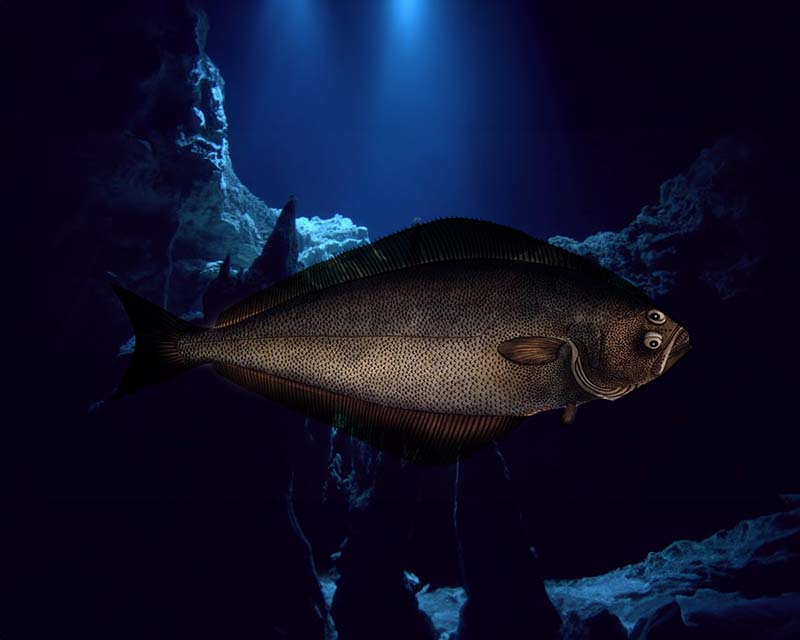
Tilapia
Despite some misconceptions, tilapia is a good seafood choice for weight loss. It’s affordable, rich in vitamin B-12, niacin, phosphorous, and potassium. Its mild flavor makes it an excellent option for those who may be hesitant about fish. Think of it as the “boneless, skinless chicken breast of the sea.

Sea Bass
Sea bass is a nutrient-rich fish that’s low in calories and high in protein. Consuming sea bass can promote a feeling of fullness and help reduce cravings, which is beneficial for weight loss.

Pollock
Pollock, like sea bass, is nutrient-rich and low in calories while being a good source of protein. Including pollock in your diet can also help curb your appetite, making it easier to stick to your weight loss plan.

Risks of Eating White Fish
Eating white fish can offer numerous health benefits, but it’s essential to be aware of potential risks associated with consumption. Here are some risks to consider:
Mercury Content
While white fish generally contains lower levels of mercury compared to larger predatory fish, some species may still have trace amounts. High mercury intake can be harmful, especially for pregnant women, nursing mothers, and young children. To mitigate this risk, it’s advisable to choose fish with lower mercury levels and limit consumption of high-mercury fish.
Bacterial Contamination
Like any seafood, white fish can carry bacteria, parasites, or viruses. These contaminants can lead to foodborne illnesses if the fish is not handled, stored, or cooked properly. It’s crucial to practice safe food handling, including thorough cooking and proper refrigeration, to reduce the risk of bacterial contamination.
Allergic Reactions
Some individuals may be allergic to certain types of fish, including white fish. Allergic reactions can range from mild to severe and may include symptoms such as difficulty breathing, swelling, or hives. If you suspect an allergy to white fish or experience any adverse reactions, seek immediate medical attention.
Environmental Contaminants
Depending on the source, white fish may be exposed to environmental pollutants and contaminants. It’s important to choose fish from reputable sources and be aware of fishing practices and sustainability. Paying attention to eco-friendly certifications can help reduce the risk of consuming fish contaminated with harmful substances.
Bone Hazards
Certain types of white fish may have small, fine bones that can pose a choking hazard, particularly for children. Care should be taken to ensure that fish is properly deboned before consumption. Vigilance in checking for bones and educating children about safe eating practices can prevent choking incidents.
Dietary Restrictions
Individuals following specific dietary restrictions or cultural practices may need to avoid certain types of white fish or fish in general. It’s essential to be aware of dietary preferences, restrictions, or ethical considerations when choosing seafood options.
Conclusion
In conclusion, the verdict is in regarding the question, ‘Is white fish good for weight loss?’: white fish can indeed be a valuable ally in your weight loss journey. Its low-fat, high-protein nature, coupled with a slew of essential nutrients, makes it a smart choice. As you embrace the benefits of white fish, we’d love to hear your success stories and tips – your experiences can inspire others on their path to wellness.
For more insightful articles on health, nutrition, and beauty, check out our other blogs here at Blonde Beauty. Keep exploring, keep discovering, and keep your journey toward a healthier, happier you in full swing.

Laureate Professor Clare Collins
Professor Clare Collins is a leading expert in nutrition and dietetics at the School of Health Sciences, part of the College of Health, Medicine and Wellbeing. Her work is changing the way we think about food and health. She grew up as one of nine children and was the first in her family to finish high school and go to college. This background gave her a strong work ethic and a deep appreciation for seizing opportunities.
As the Director of the Hunter Medical Research Institute’s Food and Nutrition Program and a recipient of three NHMRC Research Fellowships, Professor Collins is making a big difference in public health. She focuses on helping people who are often overlooked, using new technologies like apps and online programs to improve their nutrition and reduce the risk of chronic diseases.
Professor Collins is well-respected and has been recognized as a Fellow in four major health and science organizations. She leads a diverse team of experts, including dietitians, computer scientists, and engineers, working together on global health projects.
Her achievements are impressive. She has received over $29 million in research funding, published more than 450 papers, and helped 35 PhD and Master’s students complete their degrees. She’s also active in sharing her knowledge with the public. She has developed tools like the Australian Eating Survey and the Healthy Eating Quiz, and she often appears in the media to talk about nutrition.
PUBLISHED ARTICLES
- Collins, C. (2019). “The Effect of a Pilot Dietary Intervention on Pain Outcomes in Patients Attending a Tertiary Pain Service.”
- Collins, C. (2022). “Variation in cardiovascular disease risk factors among older adults.”
- Collins, C. (2022). “Evaluation of an online intervention for improving stroke survivors’ health-related quality of life: A randomised controlled trial.”
These articles show Professor Collins’s commitment to understanding how better nutrition can improve health. Her work is important for researchers, doctors, and anyone interested in healthy living.
